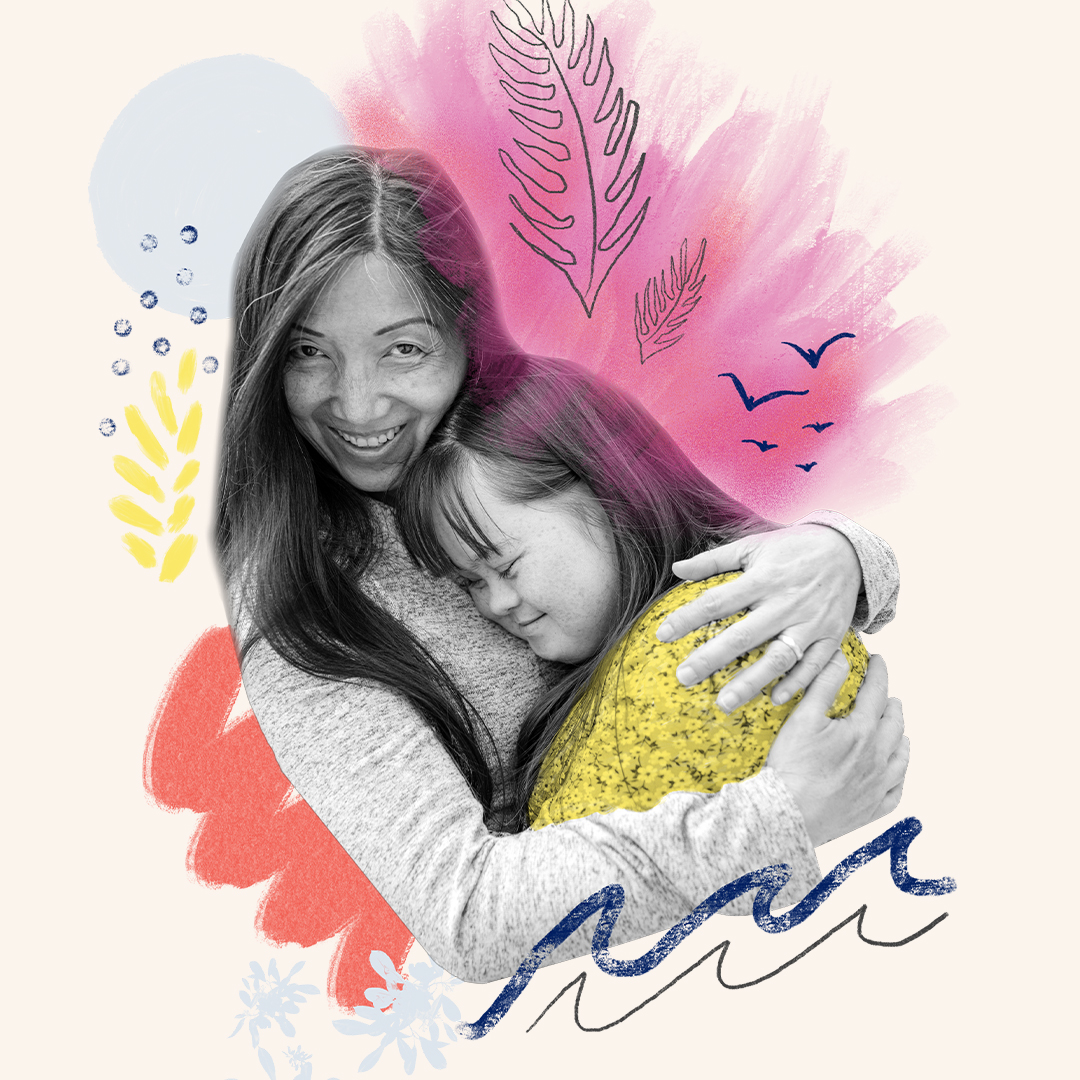Out of the 100 million American families who contribute to the tourism industry every year, only 13% of families with autism choose to go on vacation. Why is that?
For many parents, planning a vacation is exciting. The thought of escaping the hustle and bustle of everyday life fuels their enthusiasm to book a flight to relax, recharge, and have some fun. But for families who have a child on the autism spectrum, the idea of planning an autism-friendly vacation can be a daunting task.
Many individuals with autism face obstacles when venturing out of their comfort zone, so staying home may sound more appealing than taking a vacation. When it comes to caring for a loved one with autism, it’s not as simple as hopping on a plane and relaxing by the pool. Traveling with autism adds hurdles to the journey, making it a bit more challenging to reach the destination.
3 Common Obstacles While Traveling with Autism
- A change in routine. Naturally, vacation plans will drastically change the daily routines of a family. This can be extra stressful for a child with autism who finds comfort in the repetition of their everyday schedule.
- Sensory overload. Many tourist destinations are loud and crowded, which can overwhelm someone with autism sensory overload.
- A change in environment. Familiarity is important to people with autism and trips have an unpredictable nature about them. This can make travel difficult for someone who has a hard time processing a change in environment.
Even though there are always going to be challenges while traveling with a disability, getting to experience a change of scenery, a chance to bond with the family, and an abundance of new experiences makes it all worth it! In fact, vacationing can help individuals on the autism spectrum learn and grow outside of their normal circumstances, helping with sensory desensitization. This can allow the individual to gain newfound confidence, social skills, and coping mechanisms that they can apply to their everyday life.
The best way to reduce the stress that comes with traveling with autism is to plan ahead and be prepared for any issue that may arise. Don’t know where to start? Keep reading to find out where, why, and how to accommodate your loved one on a family vacation!
How to Prepare for an Autism-Friendly Vacation
With thorough preparation, issues can be avoided before they become significant enough to hinder the trip.
- Prepare for takeoff: Traveling by airplane can be overwhelming for anyone. Autism can amplify the stressful environment of the noisy, crowded airport. There are steps you can take to ensure that your loved one feels comfortable both in the airport and in the sky. Providing a TSA Notification Card at security communicates your loved one’s disability and allows the TSA to perform alternate procedures if needed. Prepare your loved one for the flight itself by educating them on the flying experience. Be sure to bring in-flight entertainment such as noise-canceling headphones, coloring books, and their favorite blanket to make them as calm and comfortable as possible.
- Hit the road with a plan: If your family is taking a road trip, it can be helpful to provide your child with a schedule so they know what to expect while on the journey, minimizing their stress. Incorporating peaceful and frequent stops throughout the day is an important part of managing your child’s overstimulation while driving.
- Create a checklist: To help avoid issues while far from home, make sure you have everything you need before you leave. Create a checklist full of your loved one’s medications, familiar snacks, and calming activities such as fidget toys or portable tablets.
- Discuss the departure: Make sure your child is aware in advance of the sudden change of scenery. In order to prepare them for the trip, explain the travel schedule in detail while providing photos, a schedule, and a map. This sense of familiarity is important for individuals with autism.
- Be open and honest: The best way to accommodate your loved one is to be honest about their needs. Don’t be afraid to express any concerns to employees or other travelers.
Distressed behavior is common among individuals with disabilities, especially in a new environment. The good news is it can be managed and even adapted. Read our blog on 8 Autism Behavior Intervention Strategies to overcome any possible obstacles that may occur when traveling.
Autism-Friendly Vacation Destinations
If autism services were available, 93% of families with autism say that they would be more inclined to travel. Fortunately, the travel industry is becoming more accessible for travelers with disabilities. With the implementation of autism certifications and training, many resorts and attractions are better prepared to help travelers with autism than ever before.
7 Autism-Friendly Places to Visit
- Myrtle Beach, South Carolina: Families gravitate toward Myrtle Beach because it’s inviting to children of all ages and abilities. You can find autism-friendly features throughout the entire city, such as an ADA-approved sensory playground and quiet rooms for overstimulation. Myrtle Beach also offers a CAN (Champion Autism Network) Card at the Myrtle Beach Welcome Center, which allows families with autism to skip lines, get private seating, and receive expedited service at crowded places such as restaurants, hotels, and tourist attractions.
- Camping Locally: For children on the spectrum who love the outdoors, camping is a great vacation option for families on a budget. Campgrounds tend to have a peaceful and quiet atmosphere with plenty of freedom to create your own schedule.
- Snow Mountain Ranch: This horse ranch in Granby, Colorado feels more like a resort than a barn. For animal lovers seeking a rural getaway, the Snow Mountain Ranch offers programs that are specifically designed for individuals on the autism spectrum, such as therapeutic horseback riding.
- Orlando, Florida: Despite it being one of the most desired destinations for families to flock during tourist season, Orlando is home to several sensory-sensitive parks and attractions. Aquatica Orlando, Disney World, and Discovery Cove are all autism-friendly destinations that provide Certified Autism Centers and front-of-line passes to accommodate those with environmental sensitivities.
- Europe: Traveling abroad with autism isn’t off the table. Thanks to programs such as A Million Senses in Greece and 4 All Senses in Portugal, your family has the ability to broaden their horizons of the world while still remaining in their comfort zone. These programs help travelers with autism feel comfortable while experiencing the culture of a new country!
- Beaches Resorts: Beaches is the first all-inclusive chain resort whose entire staff is trained with autism certification. They also offer autism-friendly camps, activities geared toward specific needs, and custom dining options for families who need assistance or accommodations.
- Valley Forge, Pennsylvania: Valley Forge is home to the first Certified Autism Center zoo in the world. It also has a LEGOLAND Discovery Center with dedicated sensory nights, making it a wonderful autism-friendly vacation spot for the family to experience fun with a reduction of music, people, and harsh lights.
Take a Trip with Covey Connects!
Do you have a loved one with autism in the Appleton or Oshkosh area? Come join the Covey community, a nonprofit organization that is committed to creating opportunities for adults with disabilities and their families. Full of knowledgeable and compassionate staff members, families are confident that their loved one is in great hands at Covey.
One of our many engaging programs is called Covey Connects, where we encourage our clients to participate in all of the fun activities the community has to offer—it’s like going on a mini vacation every week! Full of field trips aplenty, such as bowling, visiting the zoo, and swimming at the aquapark, there’s always something exciting happening on the event calendar! We welcome your loved one on our next adventure!

